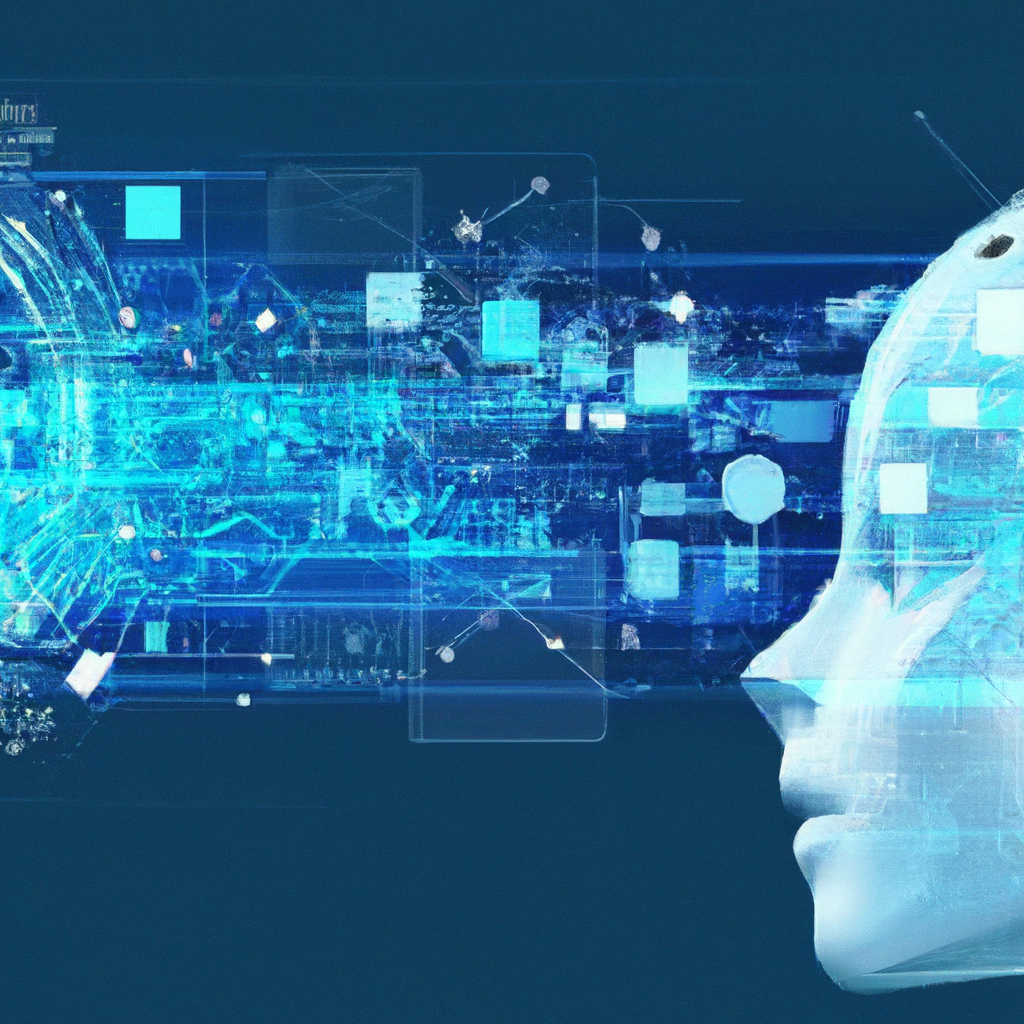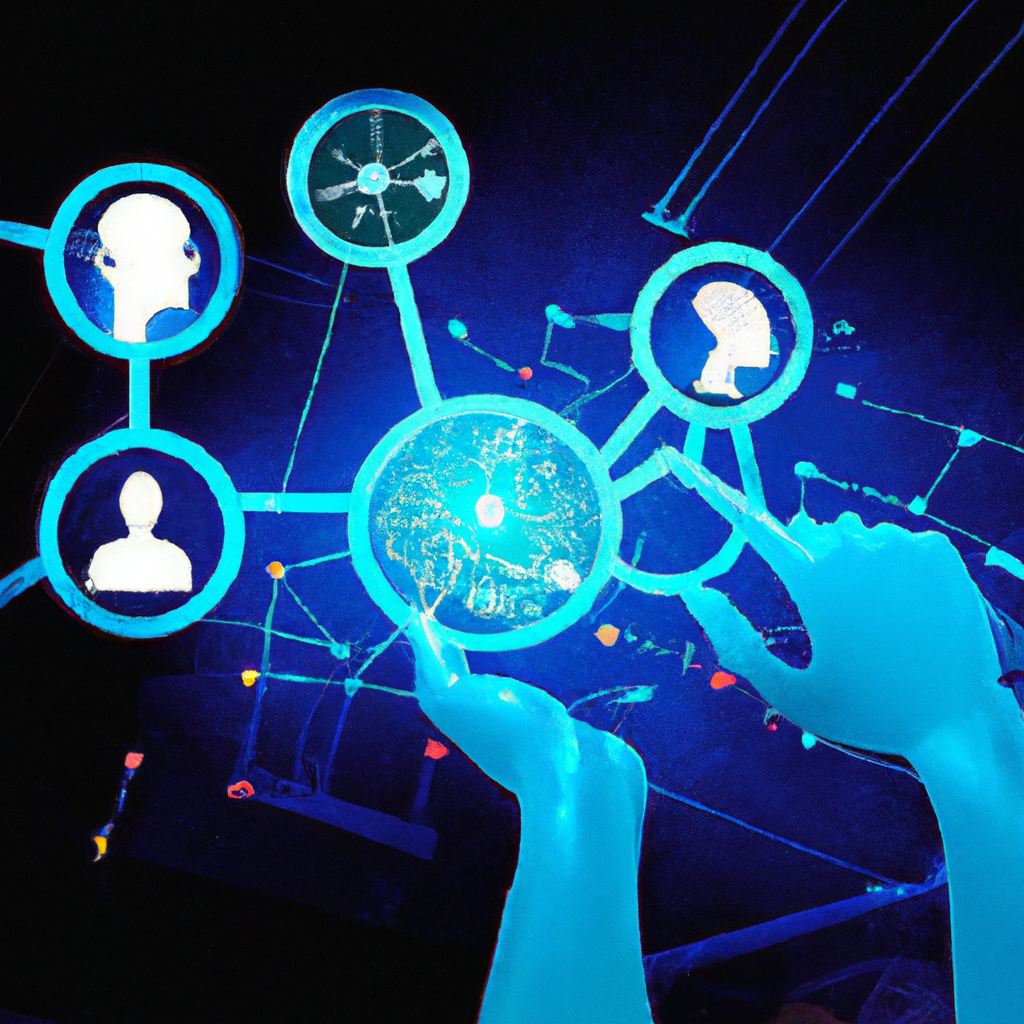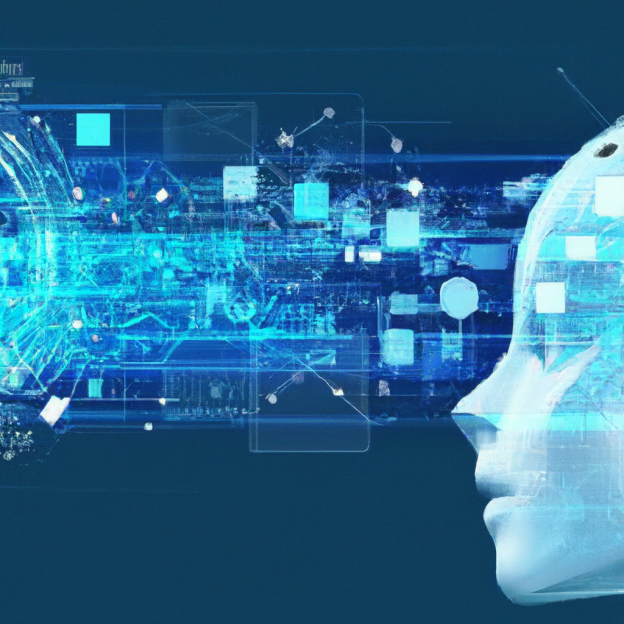So, you’ve probably heard about AI and how it’s revolutionizing the marketing industry. But did you know that there are actually four different types of marketing AI? These types range from machine learning algorithms that analyze customer data to AI-powered chatbots that can engage with consumers in real-time. In this article, we’ll explore each type of marketing AI and discuss how they are changing the game for businesses everywhere. So buckle up and get ready to discover the exciting world of marketing AI!
1. Recommendation Systems
When it comes to marketing AI, recommendation systems are a powerful tool that can greatly enhance customer experience and drive sales. There are three main types of recommendation systems: collaborative filtering, content-based filtering, and hybrid filtering.
1.1 Collaborative Filtering
Collaborative filtering is a recommendation technique that analyzes the behavior and preferences of multiple users to make recommendations. It works by finding patterns and similarities among users’ preferences and recommending items based on those patterns. For example, if a group of users with similar tastes all enjoy a particular product, collaborative filtering can suggest that product to other users with similar preferences.
1.2 Content-Based Filtering
Content-based filtering, on the other hand, focuses on analyzing the characteristics and attributes of products or items to make recommendations. This technique recommends items that are similar in content or attributes to items that a user has previously shown interest in. For instance, if a user frequently searches for shoes, content-based filtering can suggest similar types of shoes based on their characteristics such as brand, style, or color.
1.3 Hybrid Filtering
Hybrid filtering combines the strengths of both collaborative filtering and content-based filtering to provide more accurate and personalized recommendations. By leveraging both user behavior and item attributes, hybrid filtering can overcome the limitations of each individual technique. This approach is often used by e-commerce platforms to deliver highly targeted and relevant recommendations, increasing the likelihood of conversion and customer satisfaction.
2. Personalization
Personalization is a key aspect of marketing AI that aims to tailor the customer experience to meet individual needs and preferences. There are various techniques within personalization, including individualized recommendations, dynamic pricing, and tailored marketing messages.
2.1 Individualized Recommendations
Individualized recommendations take into account a customer’s past behavior and preferences to suggest products or services that are most likely to resonate with them. This technique goes beyond generic suggestions and provides personalized recommendations based on a customer’s unique tastes and preferences. By offering relevant recommendations, businesses can enhance the customer experience and increase the likelihood of making a sale.
2.2 Dynamic Pricing
Dynamic pricing is a strategy that involves adjusting the price of a product or service based on various factors such as demand, competition, and customer behavior. By leveraging AI algorithms and predictive analytics, businesses can dynamically set prices in real-time to maximize revenue and profit. For example, an e-commerce platform may offer personalized discounts or promotions to individual customers based on their purchase history or browsing patterns.
2.3 Tailored Marketing Messages
Tailored marketing messages involve customizing the content and delivery of marketing campaigns to target specific customer segments or individuals. AI-powered tools can analyze customer data and preferences to create personalized marketing messages that are highly relevant and engaging. This approach helps businesses deliver targeted messages to the right audience at the right time, increasing the effectiveness of their marketing efforts.

3. Predictive Analytics
Predictive analytics is a branch of marketing AI that uses historical data and statistical algorithms to make predictions about future events and behaviors. It enables businesses to anticipate customer needs, make informed decisions, and optimize marketing strategies. There are several applications of predictive analytics in marketing, including customer lifetime value prediction, churn prediction, and market trend prediction.
3.1 Customer Lifetime Value Prediction
Customer lifetime value (CLV) prediction involves estimating the potential value that a customer will bring to a business over their entire relationship. By analyzing historical customer data, such as purchase history, frequency of purchases, and average order value, predictive analytics models can forecast the future value of individual customers. This information helps businesses identify high-value customers, tailor marketing strategies, and allocate resources accordingly.
3.2 Churn Prediction
Churn prediction is the process of identifying customers who are at high risk of churning or ending their relationship with a business. Using predictive analytics, businesses can analyze various factors such as customer behavior, satisfaction levels, and engagement metrics to identify patterns that indicate potential churn. By proactively targeting these customers with retention strategies, businesses can reduce churn rates and improve customer retention.
3.3 Market Trend Prediction
Market trend prediction aims to forecast future market trends and consumer behavior based on historical data and external factors. By analyzing data such as social media trends, economic indicators, and industry reports, predictive analytics models can identify patterns and make predictions about market shifts. This information allows businesses to adapt their marketing strategies and stay ahead of the competition.
4. Natural Language Processing
Natural Language Processing (NLP) is a subset of AI that focuses on the interaction between computers and human language. In the context of marketing, NLP plays a crucial role in analyzing and understanding textual data to extract valuable insights. There are several applications of NLP in marketing, including sentiment analysis, text generation, and chatbots.
4.1 Sentiment Analysis
Sentiment analysis involves using NLP techniques to analyze and understand the sentiment or emotion behind a piece of text, such as social media posts, customer reviews, or feedback. By classifying the sentiment as positive, negative, or neutral, businesses can gain insights into customer opinions, identify trends, and adjust their marketing strategies accordingly. Sentiment analysis can help businesses understand customer perception, improve products or services, and enhance overall customer satisfaction.
4.2 Text Generation
Text generation refers to the creation of human-like text by AI algorithms. With advancements in NLP and deep learning, AI models can generate highly coherent and contextually relevant text. This capability has tremendous potential in marketing, ranging from generating personalized marketing emails to creating compelling product descriptions. Text generation can save businesses time and resources by automating content creation and improving the efficiency of marketing campaigns.
4.3 Chatbots
Chatbots are AI-powered virtual assistants that interact with users through natural language conversations. By leveraging NLP and machine learning algorithms, chatbots can understand user queries, provide relevant information, and even perform tasks such as placing orders or making reservations. In the context of marketing, chatbots can enhance customer support, provide personalized recommendations, and assist with sales queries. By offering instant and personalized assistance, chatbots can improve customer satisfaction and drive conversions.
In conclusion, marketing AI encompasses a wide range of techniques and applications that can revolutionize how businesses interact with customers and drive growth. Recommendation systems, personalization, predictive analytics, and natural language processing are just some of the key pillars of marketing AI. By harnessing the power of AI, businesses can improve customer experiences, optimize marketing strategies, and ultimately achieve better results in today’s competitive marketplace.

